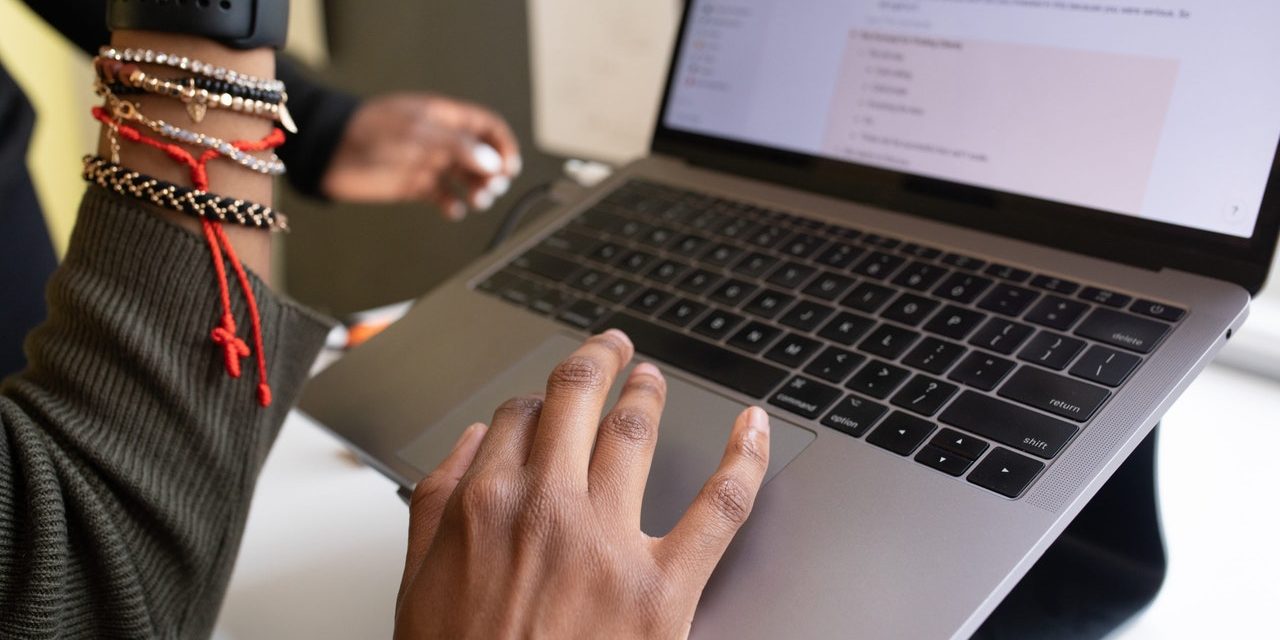HB 129, a bill which is scheduled for a vote by the Pennsylvania Senate Labor and Industry Committee on February 8, 2022, would require Unemployment Compensation (UC) hearings to be transitioned to “primarily via videoconference.” Video hearings would be the default. In a world of Zoom meetings for many, this might seem on the surface to be an easy transition. But it would be neither easy, given the technological challenges, nor fair, given unequal access to technology.
Not everyone has the technology. Including the UC system.
- This bill would divide the tech haves and have-nots. Professionals, big business, and urban users may take for granted computers, webcams and broadband. But many claimants have nothing but their smartphones, if that. Many small businesses will not have webcams (what about the fast food restaurant that has little by way of office facilities?). Many rural residents (and some urban ones) don’t have access to reliable internet. This technological inequity would lead to constitutional violations.[1]
- Even referee offices lack much of the required technology. Up until now, referees have not needed this technology, especially not webcams. Equipping them would take time and money. Given the Commonwealth’s procurement rules, obtaining the equipment could take almost a year.
- Facilities and support for people who lack technology would have to be created and funded. Unless those people are allowed to proceed at an in-person hearing, they must have a place to access the technology so that they can have equal opportunity to participate in the hearing. The space would have to be private, ruling out many public facilities such as libraries. And unlike people with access to technology, people without would have to travel to get it, undermining the supposed advantages of the bill. Moreover, not having regular access to the technology, these parties would need access to help to use the technology even if made available, requiring even more resources.
It would be unfair for the participants with the technology to be seen by the referee, but not those without technology.
- Seeing witnesses in UC cases is critical. Credibility about whose version of what happened that led to an employment separation often lays at the heart of UC hearings. Credibility typically is assessed in large part by viewing the witnesses, especially in each other’s presence. A situation where one party is on video and the other is on the phone would be a grave inequity and likely unconstitutional.
Hearings that are not in-person are difficult and should not be made the norm.
- Currently, participants in telephone hearings struggle with exhibits. The referee and the parties often cannot follow documents being discussed or used, even when everyone has a paper copy. This problem significantly degrades the quality of such hearings.
- Representative and client cannot confer. When something unexpected comes up, there is no opportunity for immediate discussion and response, resulting in unfairly lost hearings.
HB 129 is an underdeveloped plan to move UC hearings to electronic means and should not be enacted.
Any move toward videoconferencing must contain the following elements:
- In-person hearings must continue to be the default, not videoconferencing. Should in-person hearings have to be requested, claimants who have been waiting without income often would be forced to accept electronic means because of the delay to reschedule the hearing. Also, parties who believe that they would be able to effectively participate in a video hearing would find out otherwise as the hearing goes on.
- Persons wishing to testify by video could be permitted to do so upon request, but the other party should be permitted to attend the hearing in person.
- An ample implementation period for videoconferencing would need to be provided, given the technological infrastructure that would need to be built.
[1] In families with income below $30,000, almost half do not have a computer or broadband; 3 in 10 do not have a smartphone. Among seniors over age 65, 41% do not use the internet at all; 53% do not have broadband; and 23% do not use cell phones. ID.me, No Identity Left Behind: Enabling Access for All with Call Center and In-Person Identity Proofing (2018).






